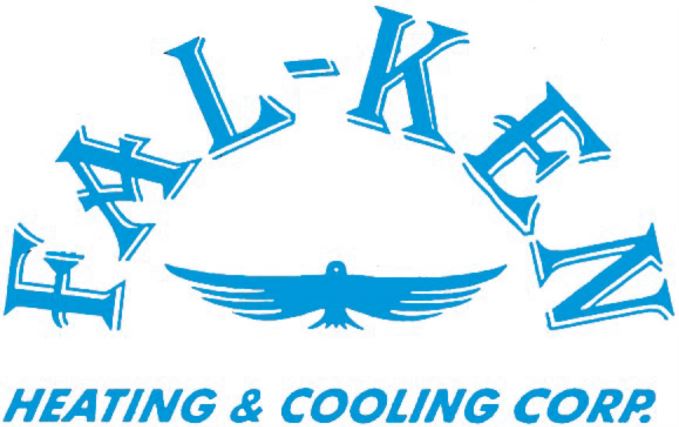Buying your first home is exciting. You’re likely trying to keep track of a dozen things or more about making the right choice. We believe that understanding your potential new HVAC system is vital. The property’s HVAC system represents a significant investment and source of potential long-term costs, illustrating why a detailed inspection should be a top priority for first-time homebuyers.
In this guide, we’ll share seven tips for discovering all there is to know about a home’s heating and cooling setup. And if you want a more in-depth opinion from the experts, consider calling Fal-Ken Heating & Cooling Corporation. Our experienced team can share details about your options with industry insights that are second to none.
1. What HVAC System Are You Working With?
Start by determining what kind of HVAC system the home includes. Furnaces tend to last longer than air conditioners, and some of the latest types of HVAC products like heat pumps feature average life spans that are impressively long. Getting the details on the make and specific model provides a clear understanding of how much maintenance it will require.
2. How Long Ago Was the System Installed?
It’s just as smart to learn how old the HVAC system is when you’re considering a new home. For the most part, HVAC systems tend to run for about 10-12 years. Learning its approximate installation date helps you plan for possible repair needs or considerations if it might eventually stop working. Older systems are at a higher risk of problems, so planning ahead of time for a replacement unit might be needed faster than expected.
3. Is the Warranty Still in Effect?
Be sure to check the HVAC system is covered by a warranty. If it is, this can assist with maintenance expenses. HVAC warranties typically include parts and labor, but specifics will vary. Review any terms that seem confusing to make sure you fully understand your coverage and any possible out-of-pocket costs.
4. Has the System Ever Been Professionally Serviced or Maintained?
Next, examine the maintenance history of the HVAC system, if this kind of history is available. This kind of information can reveal if the system constantly broke down or how often a tune-up was scheduled. You should at least try to track down a history of key tasks like filter changes, which means it enjoyed more regularly scheduled tune-ups.
5. Do You Know Its Energy Efficiency Ratings?
Selecting a system with strong energy efficiency isn’t just smart; it leads to smaller utility bills and less of an impact on the environment. Check out the seasonal energy efficiency ratio (SEER) ratings for air conditioning and the annual fuel utilization efficiency (AFUE) for furnaces. High SEER ratings mean more efficient cooling throughout the season, while high AFUE ratings indicate that the fuel is efficiently converted into useable heat.
6. Did You See Any Problems After Completing an Informal Inspection?
Even if you don’t have the know-how of an HVAC technician, you can still take a moment to check out the HVAC system on your own. Watch closely for any concerning items that weren’t mentioned by the seller or real estate agent. This might consist of odd sounds, stubborn patches of the house that are too hot or cold and attempts at concealing any obvious damage.
7. Have You Asked Your Local HVAC Professional?
If you’re unsure about the condition of the HVAC system, it’s beneficial to get an assessment and recommendation from certified HVAC professionals. They can spot things you might not, including leaks in the refrigerant, damage to the wiring or damaged ductwork.
A Call with Fal-Ken Heating & Cooling Corporation Simplifies Your Home-Buying Journey
Choosing your first home ought to be exciting, and Fal-Ken Heating & Cooling Corporation will do everything possible to ensure it stays that way. Get in touch with us at 631-802-6021. We can talk about how our HVAC services help make this process smoother, giving you what you need to make an offer with confidence.
